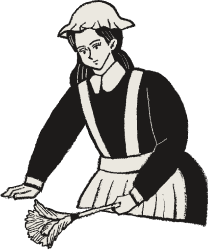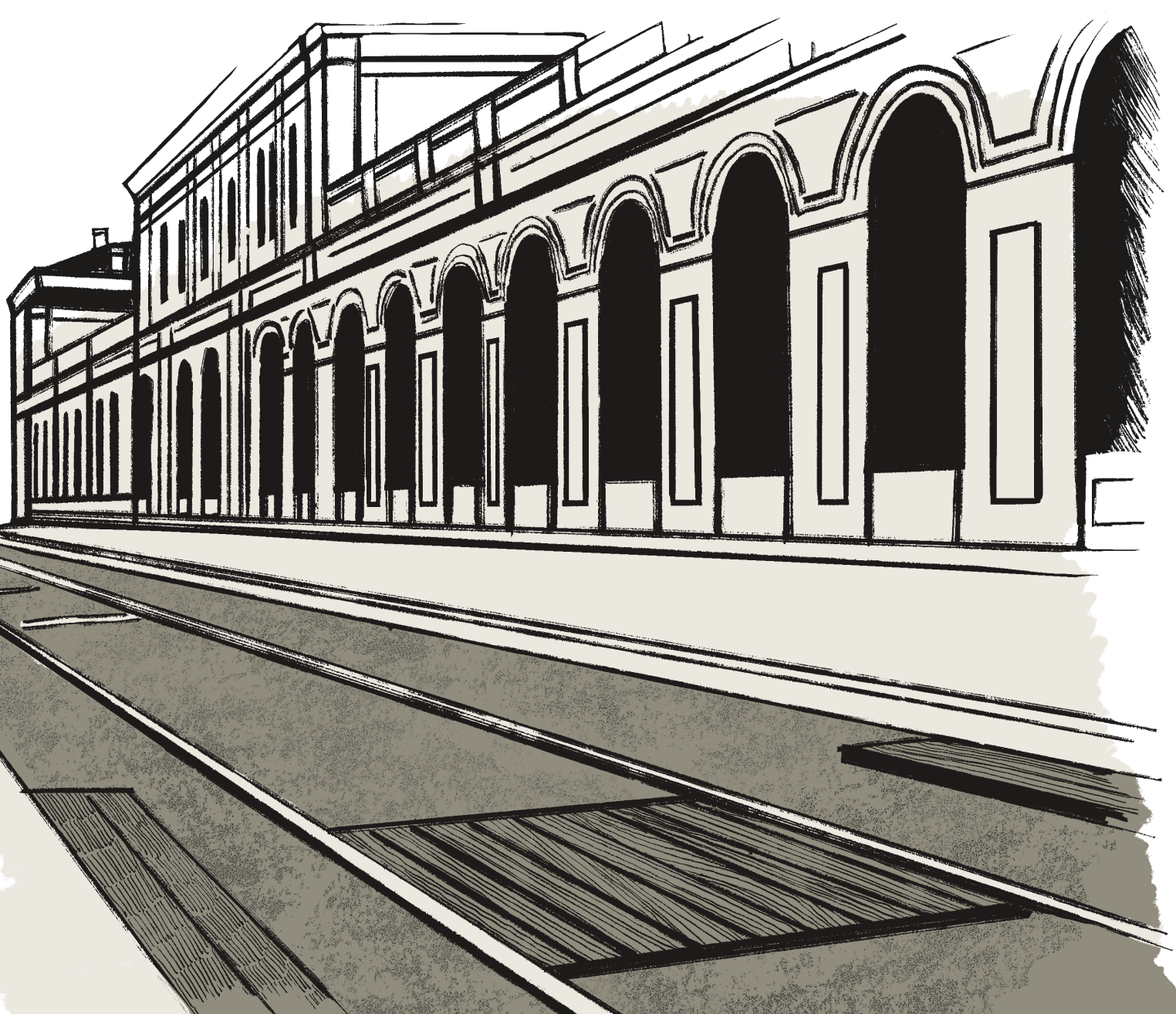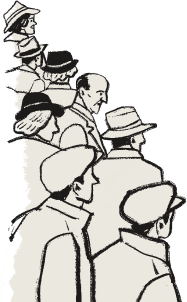


No
The maid was giggling and cuddling with Gudze when she heard the banging and screaming at the door.
“Wait a minute!” - shouts the maid, carefully opens the window into the garden, helps the pudgy Gudze squeeze through the gap, thinks for a moment, grabs the hissing cat and throws it out the window as well. “This is still Japanese territory, you have no right to enter!” she says to the soldiers, opening the door. “And hold your dog, a frightened cat is scurrying about in the garden!” she says, almost crying. “I don't know anything, I'm just a poor maid from the working class oppressed by the bourgeoisie!” - repeats the tirade recently heard from the Russian laundry lady. This phrase, like a paper shield, stops the soldier who is about to strike a blow: holding his barking dog by the chain, he quickly inspects empty rooms, curses, spits on the floor and, slamming the door, finally leaves.



I am deeply offended! The maid asks me to come home, sweetening her voice, pouring some cream in a bowl and even opening a box of sardines. These days cream is a rare delicacy, so I forgive her and come back.
For a few more days, I help her clean the empty rooms by following her around and meowing. Summer turns into autumn. The maid puts me in the old basket where I once traveled with the Sugiharas’ family for a picnic, covers it with a scarf, and, throwing a little bundle with her things over her shoulder, goes out to the train station. There we will say our goodbyes to Sugiharas who are leaving for Berlin, and wait for the maid’s brother: he promised to come to Kaunas station and take her back to the village, from which she once came to the city searching for happiness.




Crowds of people at the station, everyone is rushing, pushing, pulling suitcases - we found the platform from which the train will leave to Berlin, but even at the station Sugihara is surrounded by people begging for visas. So the maid just sighs and sits on a bench, where a woman, big like a mountain of pillows, is already sitting - she immediately starts complaining: “What kind of station is that, no order whatsoever, people hustling like gypsies in a horse market, nearly snatched my handbag, at the ticket window fighting like Poles for a bag of hay, I had to fight with my elbows to buy a ticket” - but the maid is silent. Then the fat woman tries again: “Look at this moron pushing into the train, squeezing like a German to heaven, and now those folks, look, Polish Jews, screaming like… like Jews in a market, as if someone is butchering them, so much noise for nothing!” Now the maid gets angry, turns to the woman and says, “Aren’t you ashamed of yourself? What did those people do to you? One day you might find yourself beset by woes like a cat by tomcats, see if you don’t cry!”
Through the crack in the basket, I see the fat woman sniff, blushing to the roots of her hair - she stands up, spits to the maid’s side, hisses - “Jew’s skivvy!” - and staggers towards the station’s canteen.
From the same canteen, wiping his crumby moustache, the maid’s brother wades through the people, without answering to her timid greeting takes the bag with clothes, angrily glances at the basket and waves his chin: “Let’s go, the horse with the carriage is over there, we have a long way ahead of us.”
Next Chapter